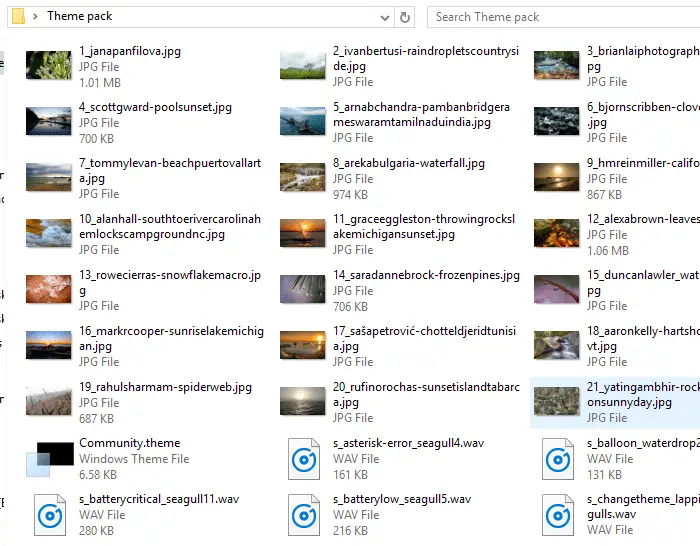

Making the penalties a mandatory 25-50 years per count (these would add up fast) would discourage many (bad) hackers, at least on US soil or in nations where we have a treaty to extradite. This is where Homeland Security steps in, by intercepting as many of these bad actors as possible & stop it with a slap on the wrist for punishment. Good chance some is to major terrorist groups. These tactics can be considered as domestic terrorism because we don't know where the money flows. Just my opinion & that only, in the US, Homeland Security was created in the post 9/11 days to fight against terrorism. They'll steal as much as possible withing a local area & move on, why so few gets caught. Those who are 'giving' bundles of these & say 'share with friends, relatives, anyone you know' (or similar wording) are up to no good. Seems for now, may be a great time to skip theme packs. Or be stopped upon the remote user trying to use, whatever. Seems like some type of security can discover these malicious types of software.

I have been collecting theme packs for both Windows 8.1/10 & Linux, so need to tone things down.
#HOW TO EXTRACT PICTURES FROM WINDOWS 10 THEMES PASSWORD#
In a test previously done by BleepingComputer, dehashing an easy password took approximately 4 seconds to crack!

In a Pass-the-Hash attack, the sent credentials are harvested by the attackers, who then attempt to dehash the password to access the visitors' login name and password. When trying to access the remote resource, Windows will automatically try to login to the remote system by sending the Windows user's login name and an NTLM hash of their password. Pass-the-Hash attacks are used to steal Windows login names and password hashes by tricking a user into accessing a remote SMB share that requires authentication. This weekend security researcher Jimmy Bayne ( revealed that specially crafted Windows themes could be used to perform Pass-the-Hash attacks. Custom themes can be used to steal Windows passwords These desktop theme packs can then be shared via email or as downloads on websites, and installed by double-clicking them. Windows themes can then be shared with other users by right-clicking on an active theme and selecting 'Save theme for sharing,' which will package the theme into a '.deskthemepack' file.


 0 kommentar(er)
0 kommentar(er)
